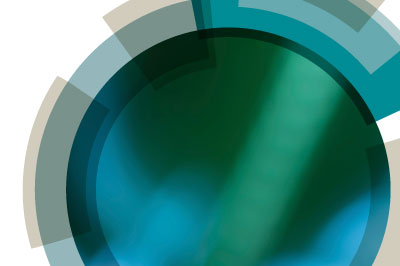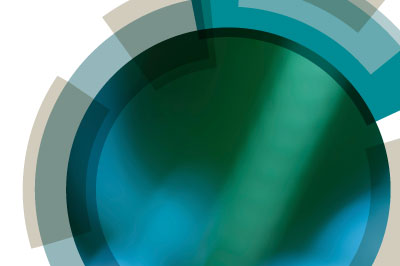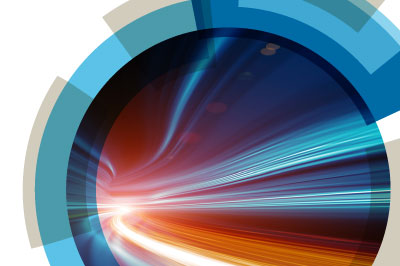Introduction
Anisotropy at the nanoscale is a critical factor in the mechanical, optical, electronic, and magnetic properties of nanoparticles. Indeed, many unusual properties of colloidal materials arise due to heterogeneous spatial confinement of electrons, plasmons and electric fields around the particles. As the field of nanoparticle synthesis and application matures, there is an increasing need for the design of novel and more complex nanosized objects. In particular, the incorporation of multiple functionalities, the directionality of such functions, and the incorporation of lower or higher dimensional order have great relevance and interest for biomolecule detection, diagnosis and therapeutic medical applicationsThemes
- Anisotropic nanoparticles
Synthesis, formation mechanisms and novel characterization tools of (mainly colloidal) anisotropic nanoparticles of different compositions (metal, metal oxide, semiconductor, polymer). Emphasis will be on growth mechanisms as well as surface and optical properties - Janus and patchy particles
Preparation and properties of particles with two or multiple domains. Selective functionalization of specific domains, modelling of ligand distribution and self-assembly - Particles at interfaces
Morphology dependent wetting processes, which influence interfacial activity of Janus and patchy particles. Related self-assembly processes at liquid-liquid and liquid-air interfaces will also be included, with ample comparison between experimental and modelling observations - Biomedical applications
Ranging from targeting to bioimaging through drug delivery, multiple applications in the biomedical field have been identified for anisotropic and patchy particles. Contributions in this field will be highly encouraged as the more practical part of the meeting
Aims
This Faraday Discussion aims to bring together some of the most active and recognised chemists, physicists, theoreticians, engineers, and biomedical researchers to discuss the use of anisotropy as a tool to design, organize and provide special functions to nanoparticles of various kindsPoster Prize
The Faraday Division poster prize was won by two presenters
- Programmable assembly of hybrid colloidal molecules
Songbo Ni
ETH Zurich, Switzerland - Self-assembly of patchy nanoparticles in hierarchical structures
Elizabeth Galati
University of Toronto, Canada
Useful links
- Frequently Asked Questions Specific questions about the unique format
- Faraday Discussion 191: Nanoparticles with Morphological and Functional Anisotropy The e-issue is now available online
Downloads
- Programme
- Preprints - Session 1: Janus and patchy nanoparticles
- Preprints - Session 2: Anisotropic nanoparticles
- Preprints - Session 3: Particles at interfaces
- Preprints - Session 4: Applications









